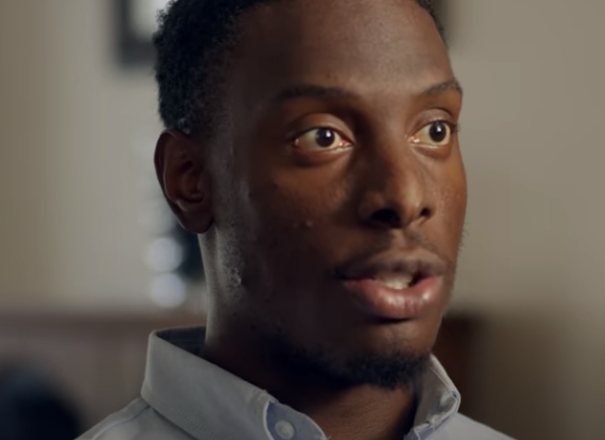Supreme Court upholds free speech in Georgia college case

This week, the Supreme Court decided Uzuegbunam v. Preczewski, a case centered around free speech on college campuses. While the court focused on legal technicalities including the standing of petitioners who seek only nominal damages, the decision reached in favor of the petitioners protects students’ first amendment freedoms and empowers individuals to fight back against the suppressive tactics of academia.
In 2016, Chike Uzuegbunam, a black evangelical Christian, felt compelled to share the Gospel at an outdoor plaza on the campus of Georgia Gwinnett College where he was a student. Uzuegbunam respectfully conversed with interested peers, but a campus police officer quickly informed Uzuegbunam that the distribution of religious written materials was forbidden outside of the school’s two designated “free-speech zones.” In order to make use of the designated areas, a student was required to first obtain a permit from the school. Uzuegbunam obtained the permit and again set out on his faith journey. Once again, he was immediately halted by another campus security officer. School policy at the time prohibited individuals using the free speech zone from engaging in any activity that “disturbs the peace or comfort of person(s),” and multiple students seized on the controversial policy to retaliate against someone they viewed as “offensive.” The officer threatened Uzuegbunam with disciplinary action if he did not cease his proselytizing.
Other students at the college felt uneasy about continuing to share their faith, prompting Uzuegbunam and another student, Joseph Bradfort, to sue certain personnel associated with the enforcement of the school’s speech policies.
Georgia Gwinnett College initially attempted to defend the policy stating that the students’ discussion of religion “arguably rose to the level of ‘fighting words.’” However, the school soon reversed course by abandoning the challenged policies in an attempt to have the lawsuit declared moot. The district court agreed with the respondent concluding that claims for nominal damages were not sufficient to save a moot constitutional challenge, and the Eleventh Circuit Appeals Court affirmed the decision.
As the case reached the Supreme Court, it seemed as though the government’s ability to retroactively correct constitutional violations to avoid punishment or reform would be cemented into law. However, the Court sided with the petitioners in an 8-1 decision that reinforced the legal idea that “every violation [of a right] imports a damage.” By reversing the Court of Appeals judgement, the Supreme Court accepted the constitutional challenge of Uzuegbunam even though his suit did not quantify the harm caused in economic terms.
With the decision, the Supreme Court effectively limited the power of public institutions to curtail first amendment rights and opened avenues for students and citizens to hold the leaders of the toxic woke movement accountable. With cancel culture permeating on college campuses, the Supreme Court’s decision signals a commitment to protecting the principle values of our Constitution. From now on, violators of constitutional law will be unable to find respite from lawsuits with deceitful policy changes.
Editor’s note: To learn more about Uzuegbunam’s story, you can watch it here.




